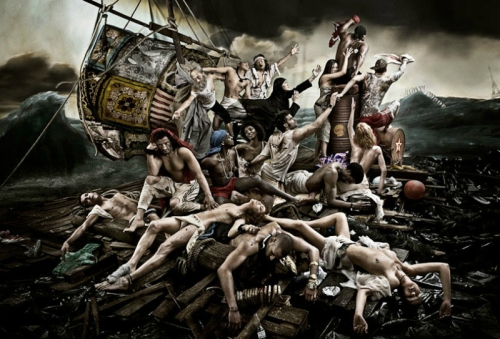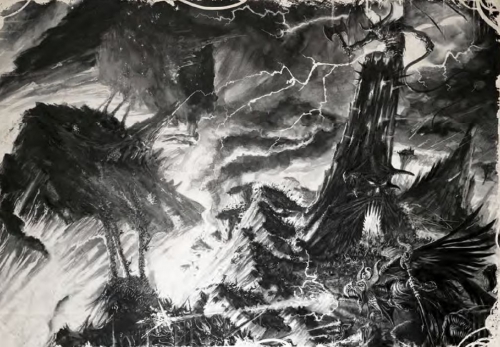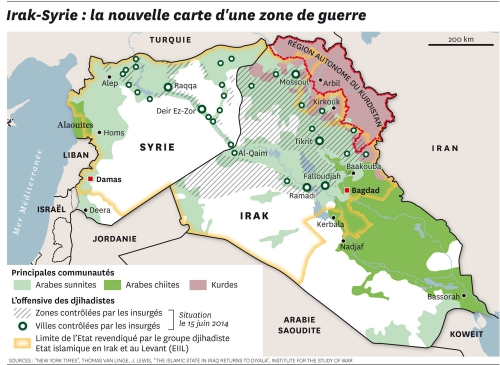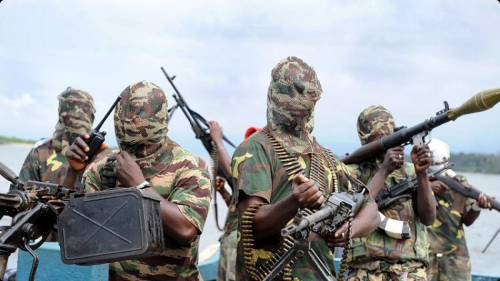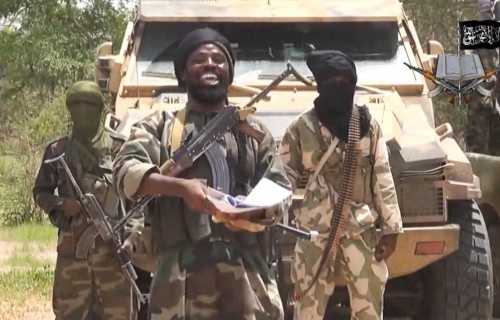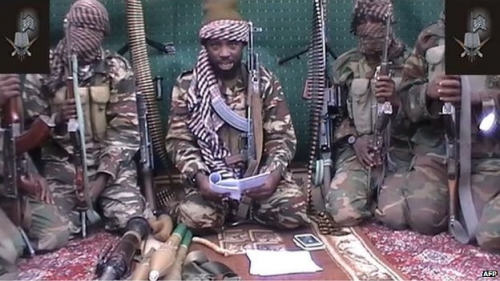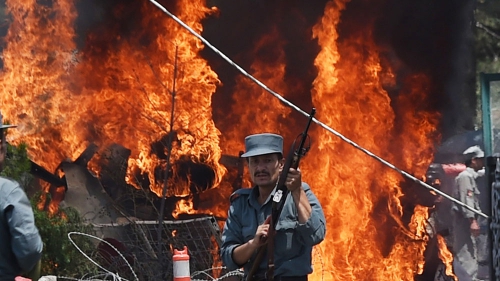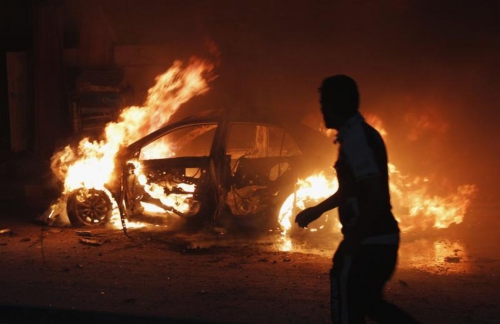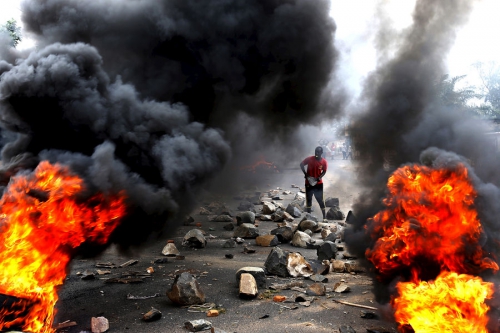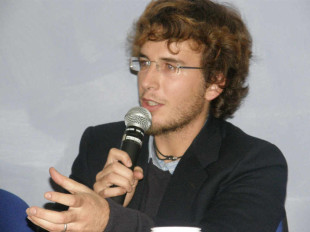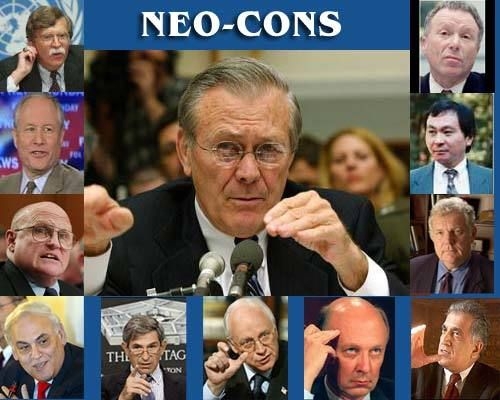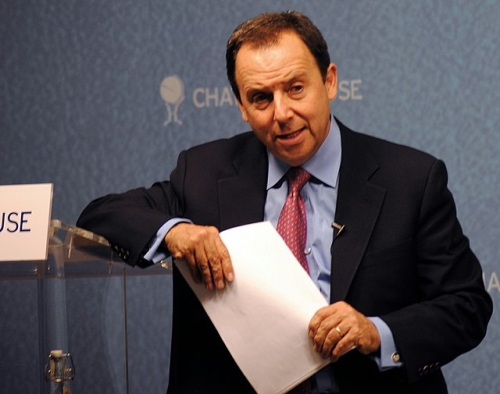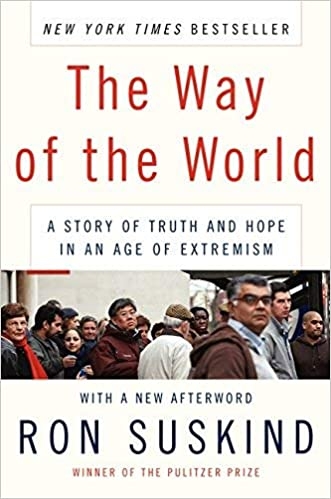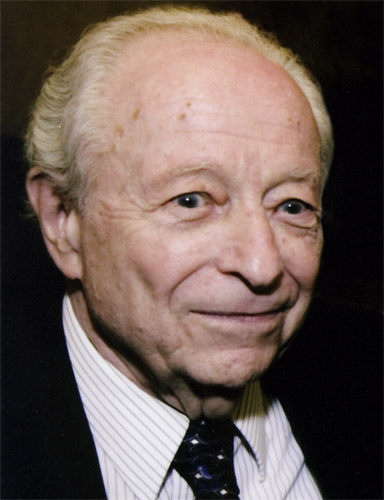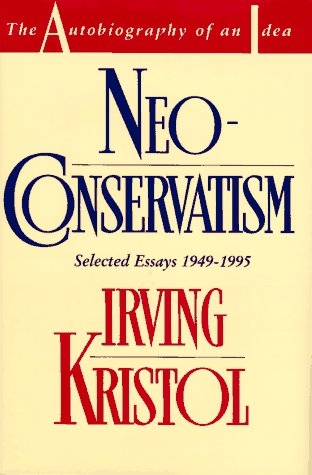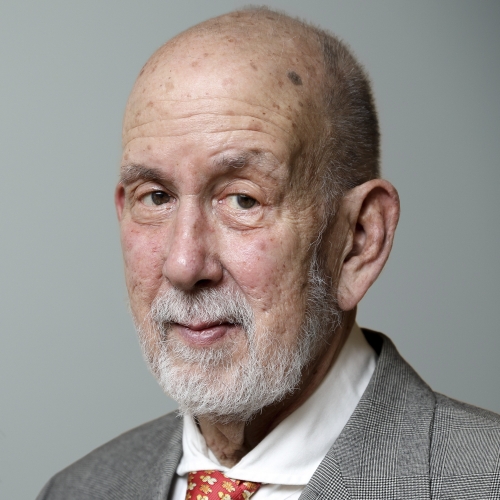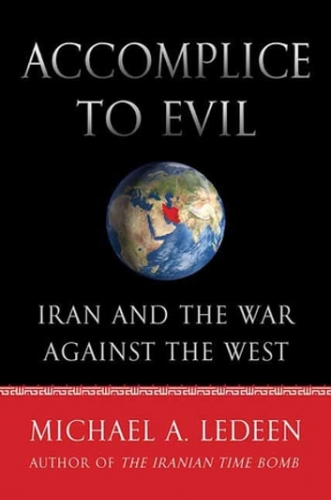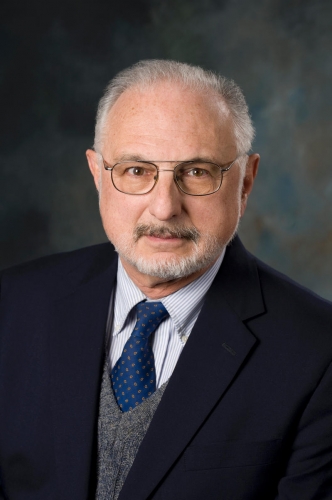Editor’s Note: This is the second of two articles on this topic, the first of which was published last week. There has been some controversy over my decision to allow this author to write under a pen name. I know the author’s identity and while his arguments are surely controversial, I am confident in his sourcing and subject matter expertise. I carefully considered his request to use a pen name. I decided that this case reasonably meets the standards for such protection published on our site. The author, in my view, can reasonably and seriously fear for his professional employment and safety publishing under his real name. -RE / Update: The author’s pen name has been changed to protect someone with the same name who has nothing to do with the article.
I was not surprised to see my first article greeted with so much outrage by those who adhere to the conventional Western narrative of the civil wars in Iraq and Syria as well as the larger tumult of the Middle East. In truth, these conflicts are not so easily defined by the easy sectarian narrative offered in the Western press. I argued that Western elites were surrendering to and even embracing the Saudi definition of what Sunni identity should mean. And I provided accounts of the conflicts in Syria and Iraq that do not comport with what you likely have been reading in the newspapers.
But there is far more to the story. It is worth recounting how we got to this point. In the aftermath of the toppling of Saddam and his regime, Iraq’s Sunnis were betrayed by many of their own religious, political, and tribal leaders who demanded that they boycott the post-2003 political order by waging an insurgency against the world’s most powerful military and the government it sought to stand up and support. Of course, it did not help that the U.S.-led occupation and the security forces it empowered victimized Sunni Iraqis disproportionately. The American military’s posture was more aggressive in Sunni-majority areas, and Iraqi security forces collaborated with Shia death squads in pursuit of a vicious counterinsurgency strategy that saw bodies piled up and neighborhoods cleansed. Iraqis en masse suffered from a collective trauma that will take decades to recover from. But hardline Sunni rejectionists and their Western backers have claimed that if Sunnis are not “empowered” then there is no alternative available to them but the Islamic State of Iraq and the Levant (ISIL). When adopted by Westerners, this argument seems to support Sunnis but actually represents a very low opinion of them because it holds that Sunnis require disproportionate political power to avoid becoming terrorists. Since 2003, Sunni rejectionists have pushed this narrative to hold Iraq hostage, blackmailing Baghdad and its allies like gangsters in a protection racket.
If Sunni leaders did not receive the government position or the business contract they wanted, they would then claim persecution on account of their Sunni identity, switch sides, gather their relatives, and use violence. Examples of this phenomenon from early 2013 include:
- Rafi al Essawi, former finance minister and deputy prime minister who is alleged to have allowed Sunni extremists into Anbar province;
- Rafi al Mishhin, the son of the Jumaila tribal leader and a former leader of the U.S.-established Awakening groups;
- Ali Hatem Suleiman, a tribal sheikh from Anbar who worked with Americans as a contractor and served as a disgruntled member of Maliki’s State of Law list and who later joined the demonstrations that welcomed al Qaeda (and future ISIL members) into their ranks and called for attacks against the Iraqi Army (but not Iraqi Police, because they might be local Sunnis);
- And Khamis Al-Khanjar, an influential businessman from Falluja financed those same demonstrations and described the initial ISIL attacks as a tribal revolution.
Still, the West has pressured the Iraqi government to allow into its ranks Sunni representatives like the above, who oppose the very legitimacy of the government and the notion of a Shia ruler. There were no Shias in the Anbar or Ninawa provinces to threaten Sunnis. At best, they were politically disgruntled, which is an insufficient reason to embrace the world’s most vicious terrorist organization.
The Jihad Returns to Haunt Syria
The interplay between the conflict in Iraq and the Syrian civil war created a perfect storm. The U.S.-led occupation of Iraq and the sectarian war it ignited influenced how Syrian Sunnis thought of themselves. The Syrian government was warned that it was next in line for regime change, and it took preemptive measures to scuttle the American project in Iraq. By supporting or tolerating insurgents (including al-Qaeda) for the first three years of the occupation, Damascus sought to bog the Americans down. But by then, the Syrian government had lost control of its eastern border. After 2006, at least one million mostly Sunni Iraqis fled into Syria, including some with ties to the insurgency who either came to Syria to facilitate insurgent operations in Iraq, to find a safe place for them and their families, or both. Many former al-Qaeda in Iraq members had fled to Damascus and were living normal lives as family men and laborers before the Syrian crisis erupted in 2011. In my own interviews with detained members of Jabhat al-Nusra, I learned that when the Syrian insurgency started, these men were contacted by old friends who told them, in effect, “We’re putting the band back together.” Many of these Iraqis formed the early core of al-Nusra, which until recently was al-Qaeda’s Syrian affiliate.
By 2010 or 2011, Iraq appeared to be stable. When the uprising started in Syria and the country became unstable, many of the Iraqi Sunni rejectionists returned to Iraq from their Syrian exile. Insurgents in Syria had created failed state zones, power vacuums full of militias, and a conservative Islamist Sunni population mobilized on sectarian slogans. The Turks were letting anyone cross into Syria, which was exploited most successfully by jihadists. By the summer of 2012, many local Syrians saw the arrival of foreign fighters in a positive light, as if they were members of the Lincoln Battalion of foreign volunteers in the Spanish Civil War. As I myself witnessed, they were welcomed and housed by Syrians, who facilitated their presence and cooperated with them.
These thousands of foreign fighters in Syria eventually sided in large numbers with ISIL, seizing parts of Syria. From there, the group was able to launch its offensive into Iraq in the summer of 2014 (although the ground in Mosul had been prepared by the jihadists for quite some time). The prospect of a Sunni sectarian movement seizing Damascus evoked their dreams of expelling the Shia from Baghdad (although the difference, of course, is that Baghdad is a Shia-majority city, unlike Damascus). The Syrian uprising mobilized public and private Gulf money for a larger Sunni cause in Syria, Iraq, and elsewhere in the region. A lot of this support went to the Sunni rejectionists of Iraq, who staged sit-ins and demonstrations in majority-Sunni cities in Iraq. Meanwhile, Al Jazeera had transformed from the voice of Arab nationalism into the voice of sectarian Sunnis, virtually promoting al-Qaeda in Syria and celebrating the initial ISIL “revolutionaries” in Iraq.
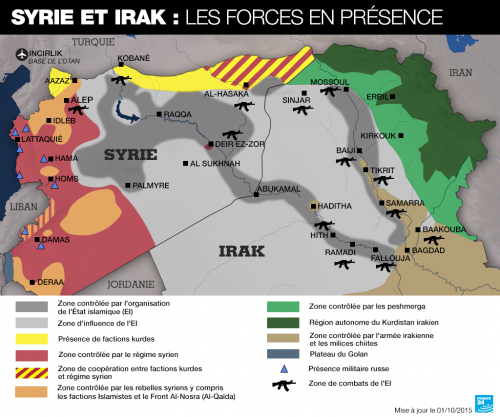
From Syria, Back to Iraq
In 2012, as jihadists gathered in centers of rebellion around Syria, Sunni rejectionists in Iraq allowed jihadists to re-infiltrate their ranks as they launched this campaign of demonstrations, thinking they could use the presence of these men as leverage against the government. At the time, al-Qaeda and ISIL forerunner Islamic State of Iraq were still united. They had systematically assassinated key leaders of the “Awakening” movement, neutralizing those that could have blocked the jihadist rapprochement with Sunni leaders in Iraq. From 2006 to 2009, they also assassinated many rival insurgent commanders to weaken alternative armed movements. Former insurgents described to me how just before the Americans withdrew from Iraq in 2011, insurgent leaders from factions as politically diverse as the Naqshbandis, the Islamic Army, the Army of the Mujahedin, and the 1920 Revolutions Brigades all met in Syria to plan to take the Green Zone in Baghdad (an ambition that was, ironically, accomplished this year by Shia rather than Sunni masses). While these groups initially lacked the ability to take the Green Zone, they made their move when the demonstrations started with the help of the Islamic State, which saw utility in cooperating with these groups, for the time being.
When Sunni protestors in 2012 and 2013 filled squares in Ramadi, Mosul, Hawija, Falluja, and elsewhere chanting “qadimun ya Baghdad (“we are coming, Baghdad”), it was hard for the government and average citizens in Baghdad not to interpret this as a threat from various Sunni-majority cities. These were not pro-democracy demonstrations. They were rejecting the new order — an elected government — and calling for overthrow of the Shia.
Sunni rejectionist leaders rode this wave of support and became a key factor in how easily ISIL later seized much of the country. According to Iraqi insurgents I spoke to, ISIL’s leaders initially thought that they would have to depend on former insurgents, including Baathists, as a cover to gain support. While ISIL’s jihadists did initially cooperate with some of these groups, it was not long until ISIL discovered it did not need them and purged them from its newly seized territories. Many Sunni rejectionist leaders, now understanding the horror of what they helped to unleash, then fled, leaving their populations displaced, destroyed, and divided. Likewise in Syria, Sunni rejectionists and their Western supporters argued that the only way to defeat ISIL is to topple Assad, and thus placate their sectarian demands. And the West somehow believes that they are representative of Syria’s Sunnis writ large. The secular or progressive opposition activists amenable to pluralism unfortunately have no influence because they have no militias of their own.
The Evolution of Sectarian Identity in the Modern Middle East
There is a major crisis within Sunni identity. Sunni and Shia are not stable, easily separable categories. Twenty years ago, these terms meant something else. The 2003 invasion of Iraq was the geopolitical equivalent of the asteroid that caused the extinction of the dinosaurs. Just as species were killed off or arose thanks to that cataclysm, so too in the Muslim world, old identities were destroyed while new ones were created, as discussed by Fanar Haddad at the Hudson Institute. One of these new identities was the post-Saddam “Sunni Arab,” treated by their Western taxonomists as if they were an ethnic group rather than a fluid, fuzzy, and diverse religious sect. For centuries, Sunni identity was conflated with “Muslim” and the identity of “Muslim” was distinct from members of heterodox or heretical sects. Generally speaking, Shias living in areas dominated by Sunnis were subordinate to them juridically and by custom. The war in Iraq helped create a sense of “Sunni-ness” among otherwise un-self-conscious Sunni Muslims, and it also overturned an order many took for granted. To make matters worse, not only we



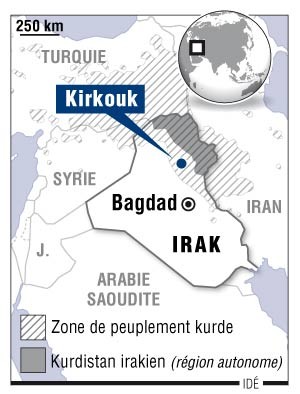 Le 16 janvier 2013, une voiture piégée explosait à Kirkouk, causant la mort de 33 personnes. Cet attentat survenu dans un quartier très fréquenté où se trouve la majeure partie des bâtiments officiels, a marqué le retour de la violence dans cette ville multiethnique, disputée entre Bagdad et le Gouvernement régional du Kurdistan (GRK). Près de deux semaines plus tard, le 3 février, 36 personnes périssaient à leur tour dans un nouvel attentat à la voiture piégée, combiné à une attaque de kamikazes à pieds contre les locaux de la police. Depuis, des missiles légers s’abattent toutes les semaines sur plusieurs quartiers résidentiels de Kirkouk tandis que des explosions, la découverte régulière de bombes dans des lieux publics et des fusillades sporadiques achèvent de plonger la ville dans une nouvelle période d’incertitude. Le dernier attentat en date, le 5 mars, a frappé à nouveau les forces de police, tuant cinq de leurs membres. Et pourtant, il y a quelques mois seulement, Kirkouk commençait à peine à se remettre d’une décennie de violence et ses habitants pouvaient espérer voir leur sort s’améliorer. Un climat sécuritaire relativement clément permettait alors un début de retour à la prospérité dans l’ancienne capitale pétrolière du nord de l’Irak, dont l’économie végète depuis 2003, tandis qu’à un peu plus d’une heure de route, Erbil, capitale de la Région kurde, grosse bourgade provinciale il y a dix ans, voit sortir de terre gratte-ciels, hôtels de luxe et centre commerciaux.
Le 16 janvier 2013, une voiture piégée explosait à Kirkouk, causant la mort de 33 personnes. Cet attentat survenu dans un quartier très fréquenté où se trouve la majeure partie des bâtiments officiels, a marqué le retour de la violence dans cette ville multiethnique, disputée entre Bagdad et le Gouvernement régional du Kurdistan (GRK). Près de deux semaines plus tard, le 3 février, 36 personnes périssaient à leur tour dans un nouvel attentat à la voiture piégée, combiné à une attaque de kamikazes à pieds contre les locaux de la police. Depuis, des missiles légers s’abattent toutes les semaines sur plusieurs quartiers résidentiels de Kirkouk tandis que des explosions, la découverte régulière de bombes dans des lieux publics et des fusillades sporadiques achèvent de plonger la ville dans une nouvelle période d’incertitude. Le dernier attentat en date, le 5 mars, a frappé à nouveau les forces de police, tuant cinq de leurs membres. Et pourtant, il y a quelques mois seulement, Kirkouk commençait à peine à se remettre d’une décennie de violence et ses habitants pouvaient espérer voir leur sort s’améliorer. Un climat sécuritaire relativement clément permettait alors un début de retour à la prospérité dans l’ancienne capitale pétrolière du nord de l’Irak, dont l’économie végète depuis 2003, tandis qu’à un peu plus d’une heure de route, Erbil, capitale de la Région kurde, grosse bourgade provinciale il y a dix ans, voit sortir de terre gratte-ciels, hôtels de luxe et centre commerciaux.








